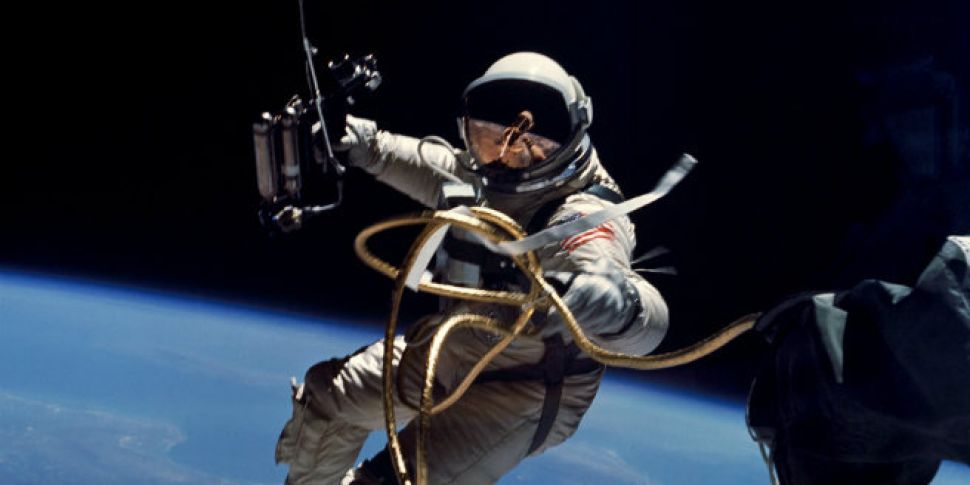Martin Rees, the Astronomer Royal, said the European Space Agency (ESA) should devote its budget to robotic missions - and not repeat Tim Peake's stint in orbit.
"I think the future of human spaceflight worldwide is really only as an adventure and spectator sport," he said. "As robots get better they can do more of what people were doing in the past. So the case for sending people is getting weaker all the time."
The UK contributed £70m (€87.8m) over four years to the ESA's human spaceflight programme.
Lord Rees said that was a "good deal" done by former science minister David Willets and Peake's mission was "worth the marginal cost".
But ESA's budget is only a third of NASA's.
"In the long run the only case for sending people into space is if they are funded by private ventures like SpaceX in the US," said Lord Rees. "I say that because it's not public money and also because private organisations can take high risks and cut prices at a level that can't be done by publicly funded civilian programmes."
But speaking from the ISS just days before he returned to Earth, Tim Peake said: "This has been an exceptionally worthwhile endeavour. This is about the UK becoming involved in human spaceflight hopefully for the foreseeable future. Space is going to play an increasingly important role in our lives and if the UK is not in the forefront of that we are missing out quite simply."
More than a million school children have been involved in projects related to Major Tim's mission.
Fullbrook School in New Haw, Surrey, is one of hundreds growing rocket seeds that he took with him to the ISS - and have since been returned - to test the effects of microgravity on plants.
It is attracting a new generation into science - a growing part of the UK's economy.
Pupil Amy Page, who convinced the school to take part, said: "This lets me know how to run a real experiment in an actual science job, so that has made me want to do science more."
Peake has also carried out more than 260 experiments in the orbiting laboratory.
Proteins grown in microgravity could lead to new medicines and metals that are melted and cooled in space may result in lighter, stronger alloys.
At Southampton General Hospital scientists have been collaborating with Peake on a new 'earplug' that monitors brain pressure.
Astronauts suffer from fluid build-up in the brains - a result of microgravity.
Earth-bound patients with head injuries have a similar problem and for them it is life-threatening, yet currently the pressure can only be monitored by surgeons drilling through their skulls.
Robert Marchbanks, who is leading the research, said: "The objective is to (monitor) every patient where there is a possibility of pressure problems in the brain. At the moment you can't do that. You can't justify surgery on everybody."
Peake wants to return to space, possibly even to the moon.
Politicians will want to judge his mission's legacy before handing over the cheque.









